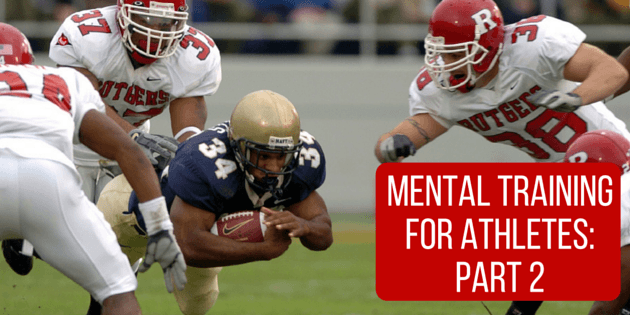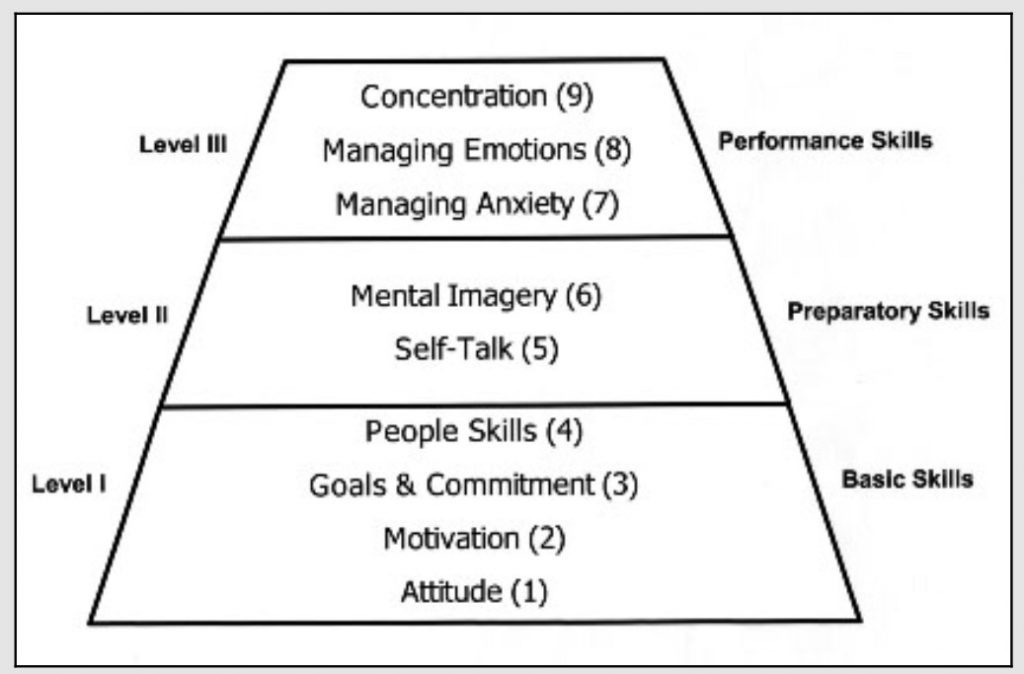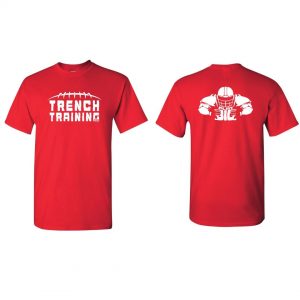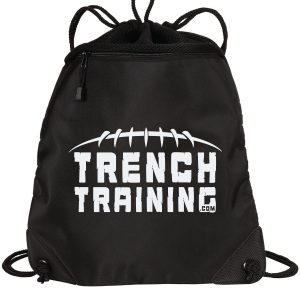The second part of Mental training is all about performance.
The information I am focusing on in this article is based on research by Dr. Jack Lesyk’s and his article on Sportpsych.org.
Dr. Jack Lesyk, Ph.D. Uses a performance chart that makes a lot of sense to me in how you become a high performing athlete.
His pyramid describes the levels that an athlete must move through to become a high functioning athlete.
I agree that there are short and long term phases in athletics.
Many of the athletes struggle with their talent because their emotions are not able to handle the competition.
It has nothing to do with their skill or talent but all to do with handling their emotions. This is level 3.
Mental Training for Athletes: The Performance Pyramid
Although each of the nine skills is important, its primary importance will occur during one of three phases: long-term development, immediate preparation for performance, and during performance itself.
Level I
These mental skills constitute a broad base for attaining long-term goals, learning, and sustaining daily practice.
They are needed on a day-by-day basis for long periods of time, often months and years.
Level II
These skills are used immediately before performance to prepare for performance.
They maybe used just before competition begins, or immediately before a specific performance action, such as a golf shot or a free throw in basketball.
Level III
These skills are used during actual performance behavior.
Spending time on These 9 Mental skills will help you attain the level III in athletics.
Detailed Descriptions of the Nine Mental Skills
1. Attitude
Successful athletes:
- Realize that attitude is a choice.
- Choose an attitude that is predominately positive.
- View their sport as an opportunity to compete against themselves and learn from their successes and failures.
- Pursue excellence, not perfection, and realize that they, as well as their coaches, teammates, officials, and others are not perfect.
- Maintain balance and perspective between their sport and the rest of their lives.
- Respect their sport, other participants, coaches, officials, and themselves.
Choice is the key word . Many athletes don’t realize that they can choose how they think. This is something that everyone can do! Viewing life as an opportunity as opposed to a right. We are not owed anything. When we realize this it makes a huge difference in our level of anxiety and stress. The less stressed and anxious we are the better we perform! Respecting the game, the coaches, other players, and yes, the parents that haul you around and buy your gear, is so important in helping you move towards your goals of being great!!
2. Motivation
Successful athletes:
- Are aware of the rewards and benefits that they expect to experience through their sports participation.
- Are able to persist through difficult tasks and difficult times, even when these rewards and benefits are not immediately forthcoming.
- Realize that many of the benefits come from their participation, not the outcome.
Consequences and rewards are a great motivational tool to use on yourself. Coaches and parents will use their own methods of rewards and consequences but it is important for you to come up with your own appropriate consequences and rewards system.
3. Goals and Commitment
Successful athletes:
- Set long-term and short-term goals that are realistic, measurable, and time-oriented.
- Are aware of their current performance levels and are able to develop specific, detailed plans for attaining their goals.
- Are highly committed to their goals and to carrying out the daily demands of their training programs.
I talked in depth about this in the previous article. Goals are very important and paying attention to progress is a big part of this.
4. People Skills
Successful athletes:
- Realize that they are part of a larger system that includes their families, friends, teammates, coaches, and others.
- When appropriate, communicate their thoughts, feelings, and needs to these people and listen to them as well.
- Have learned effective skills for dealing with conflict, difficult opponents, and other people when they are negative or oppositional.
Sometimes athletes are not real social. This does not mean that they do not have people skills. They may have very good skills but choose to use them sparingly. There is nothing wrong with this type of athlete and I have seen many who go on to play at a high level. The key is for them to understand what is going on around them. They can’t allow others to affect their emotions. Learning to deal with conflict, loss and adversity is key to helping an athlete perform at his or her best.
5. Self-Talk
Successful athletes:
- Maintain their self-confidence during difficult times with realistic, positive self-talk.
- Talk to themselves the way they would talk to their own best friend
- Use self-talk to regulate thoughts, feelings and behaviors during competition.
Another skill that I mentioned in previous article that I feel is very important as well.
6. Mental Imagery
Successful athletes:
- Prepare themselves for competition by imagining themselves performing well in competition.
- Create and use mental images that are detailed, specific, and realistic.
- Use imagery during competition to prepare for action and recover from errors and poor performances.
7. Dealing Effectively with Anxiety
Successful athletes:
- Accept anxiety as part of sport.
- Realize that some degree of anxiety can help them perform well.
- Know how to reduce anxiety when it becomes too strong, without losing their intensity.
I think this is one of the most important skills and it is overlooked by many coaches, parents and athletes. Fear is another name for anxiety. Fear can cripple an athlete. It can keep an athlete from being able to perform or even function. This skill is VERY Important to look at because there is so much to learn about what and where fear comes from. Fear also is something that you can choose to overcome by working on it. I would suggest, to any young athlete, that they spend a lot of time learning what fear really is and how to overcome it.
8. Dealing Effectively with Emotions
Successful athletes:
- Accept strong emotions such as excitement, anger, and disappointment as part of the sport experience.
- Are able to use these emotions to improve, rather than interfere with high level performance
This is often a misunderstood skill and also one that does not typically get talked about by coaches and athletes. I believe emotions are not talked about because many athletes have fear that it will make them look weak. The truth is that this skill will make them strong beyond their understanding.
9. Concentration
Successful athletes:
- Know what they must pay attention to during each game or sport situation.
- Have learned how to maintain focus and resist distractions, whether they come from the environment or from within themselves.
- Are able to regain their focus when concentration is lost during competition.
- Have learned how to play in the “here-and-now”, without regard to either past or anticipated future events.
Please feel free to message us if you have questions or require more information about any of our post topics.
We want to help you and your athlete become better at both the physical and mental aspects of sport.
At Trench Training we also have sports life coaches available for you to work with if you are looking for some extra help.
Play Big!
Coach Glenn







